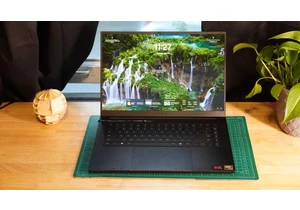Power users have abused browser tabs ever since browser tabs became a thing. But modern browsers eat memory like some kind of Japanese folkloric demon, and thus need some way of semi-automatically managing a user’s tendency to open tabs and leave them open. Such is the case with the latest version of Microsoft’s Edge browser, now passing version 100. The newest implementation of “sleeping” tabs saves even more memory and performance.
According to a Microsoft blog post (spotted by Bleeping Computer), the refreshed implementation allows tabs that are sharing a browser window to sleep as well, resulting in an 8% increase in the amount of “slept” tabs on average. The sleeping tab feature is based on code from Chromium, which Edge now uses as a base, but it’s been improved in this specific instance. Since each tab that’s put to sleep saves almost all of the memory and processor power previously assigned to it, that can add up to a dramatic performance improvement. Microsoft
Microsoft has also added a visual interface to show exactly how much the sleeping tab feature can save you in terms of system memory. You can find it by clicking on “Performance” under the main “…” options menu. https://www.pcworld.com/article/631267/edge-tweaks-its-sleeping-tabs-for-better-performance.html
Connectez-vous pour ajouter un commentaire
Autres messages de ce groupe


Want to clear out your old posts on X (formerly Twitter) without dele

TL;DR: Transform complex data into easy visuals with

Intel documentation has revealed additional code names in the context

In the last few days, AI-generated text-to-video has taken off, with

At this point, I get so many spam calls that my blood pressure rises

One of the stranger effects of the Trump administration’s trade war w
